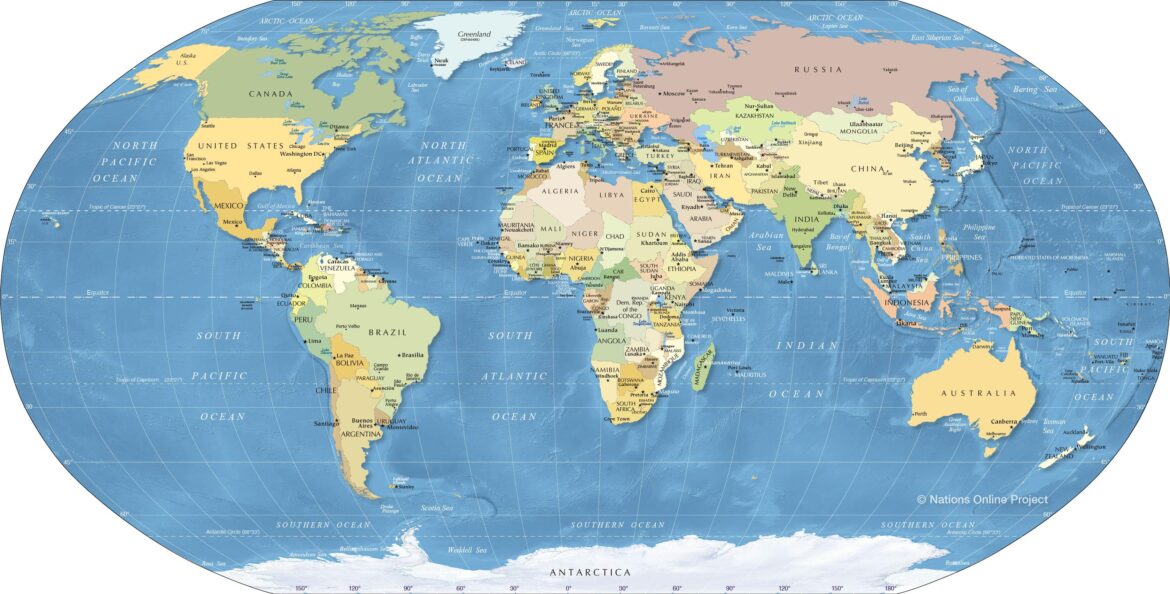The Israeli-Palestinian conflict remains one of the most complex and multifaceted disputes in modern history. Central to this conflict is the issue of Israeli settlements in the West Bank, a region steeped in biblical history and contemporary contention. Understanding this issue from a Christian perspective requires a deep exploration not only of the political and geographical implications but also of the theological dimensions inherent in the narratives surrounding this land.
At the heart of this contention lies the West Bank, an area perceived by many as both a cultural cradle and a contentious battleground. The settlement policy, initiated post-1967 war, has led to the establishment of numerous Israeli homes in these territories, a situation widely disputed and debated in international forums. This geopolitical reality invites theological reflection, as Christians contemplate both the historical and prophetic significance of the land described in Scripture.
Scripturally, the West Bank correlates with regions anciently known as Judea and Samaria, places of profound biblical resonance. The Old Testament recounts God’s covenant with Abraham, promising his descendants the land stretching from the river of Egypt to the Euphrates (Genesis 15:18-21). This divine promise establishes a spiritual significance to the land that resonates strongly in the hearts of many believers. As Christian scholars reflect upon these narratives, they encounter a complex interplay between divine promise and contemporary human realities.
The theological implications of the Israeli settlement policy beckon reflection on the characters illustrated in the biblical texts. Figures such as Abraham, David, and Solomon are juxtaposed against modern settlers. The modern-day narratives can evoke a sense of continuity with ancient traditions, framing the settlers as fulfillers of prophetic destiny. This perspective can foster a sense of belonging to the land, deeply animating Israeli Jewish identity.
However, this longing for identity and belonging does not exist in a vacuum. The presence of Palestinian communities, who also lay claims to the land based on historical, cultural, and familial ties, injects further complexity into the landscape. Many Palestinian Christians view their existence as a direct parallel to biblical narratives of exile and hope, identifying more closely with characters like the Israelite sojourners in the wilderness or the plight of the early church in Acts. Thus, compassion and empathy are vital components in any exploration of this contentious territory, challenging believers to engage in a dialogue that transcends divisive rhetoric.
The phenomenon of settlement expansion is not devoid of international scrutiny. Various Christian organizations advocate for Palestinian rights, echoing concerns about the ethical implications of settlement policies. The voices of these organizations often center on the need for justice, advocating for a peace that encompasses reconciliation rather than subjugation. Christian theology engages with concepts of justice and righteousness, urging believers to prioritize the dignity of all peoples created in the image of God.
In contemplating peace, it is essential to examine the role of prophetic faith. The prophets of the Old Testament issued calls for justice, mercy, and the defense of the marginalized. Today’s Christian witness must echo these calls within the context of the Israeli-Palestinian struggle. Promoting peace may entail supporting dialogue initiatives that recognize the humanity and rights of all individuals affected by the ongoing conflict. In this light, believers are encouraged to reflect on the call of Christ in Matthew 5:9, “Blessed are the peacemakers, for they will be called children of God.”
The political landscape is marked by legal complexities surrounding the boundaries of settlements, accompanied by questions of sovereignty and statehood. Israel regards the settlements as legitimate, citing historical claims and security needs. Conversely, much of the international community views these settlements as illegal under international law. This dichotomy creates a tapestry of perspectives that advocates for various dimensions of justice – some arguing for a two-state solution, others advocating for a one-state approach. Such divergent visions demand careful theological and ethical discernment.
Yet amid the turbulence lies an urgent call to pursue understanding within this charged atmosphere. Christians are called to remember the heart of the Gospel: to embrace mercy, extend grace, and forge pathways of love. This transformation begins with prayer, penitence, and an abiding commitment to bridge the divides that separate individuals and communities. Photography showcasing life in settlements and Palestinian neighborhoods can serve as an evocative medium, revealing personal stories and humanizing the conflict, inciting curiosity about the lives and struggles of those who inhabit this divinely promised land.
Ultimately, Christians interested in the map of Israeli settlements must engage in a journey of discovery. A refrain often echoed in the Christian tradition is that the land itself is not merely a geopolitical entity, but a living narrative – interwoven with the stories of its inhabitants, their sorrows, and joys. The call is to delve deeply into the intricacies of faith, geography, and humanity, navigating the layered complexities with compassion and understanding.
As believers engage with the realities of the West Bank, a shift in perspective may emerge, fostering empathy, engagement, and ultimately, peacemaking. In an age rich with information, believers are called to seek transformative understanding that transcends political allegiances. This endeavor, steeped in a Christian worldview, may not solve the conflict but can illuminate pathways toward reconciliation, conversion, and hope in a land woven into the very fabric of Christian faith.



